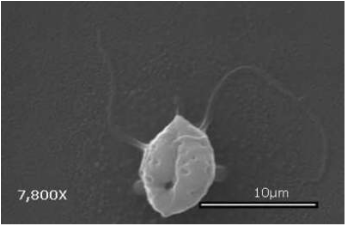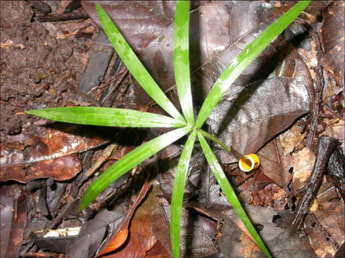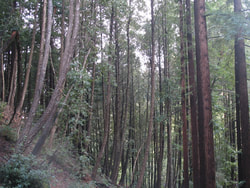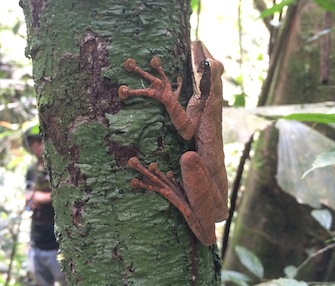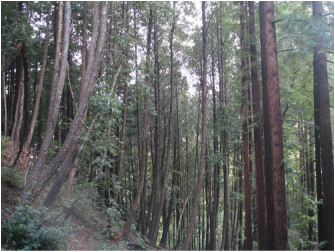|
BIO 323 Plant BiologyExamine the diversity of plants from a variety of biological perspectives! Understand ecology and evolution by linking plant form to function and understanding the adaptations that influenced success in plants’ transition to life on land. Examine how interactions between plants and their environment or other organisms influence community structure and stability.
Last taught Spring 2015, 2017, 2019-2021, 2023. |
BIO 201 Core Concepts in biologyThe course will introduce you to fundamental concepts in biology that are particularly relevant to understanding pressing global problems. The focus is on the evolutionary and ecological principles that underlie biodiversity generation and extinction of diversity. In other words, the course will have a significant focus in conservation biology and how an understanding of the evolution and ecology of earth’s biodiversity will aid its preservation.
Last taught Fall 2019, Spring 2020, Fall 2020, Spring 2021, Spring 2023, Fall 2023. |
|
BIO 141 Investigations in Ecology and Environmental ScienceGet started in the Biology major with this core course! Learn about the principles determining species distributions and abundance and how these principles apply to modern environmental concerns. The lab component of the course provides an introduction to hands-on, independent research in the forests surrounding campus.
Last taught Fall 2018. |
